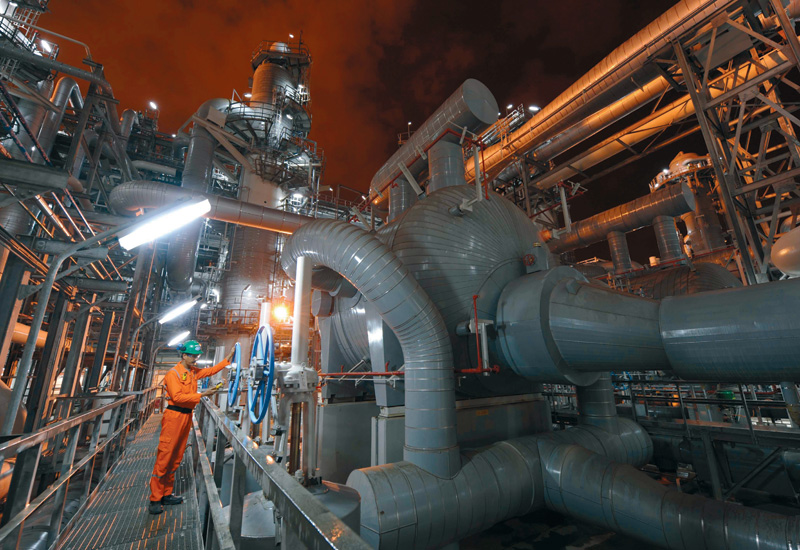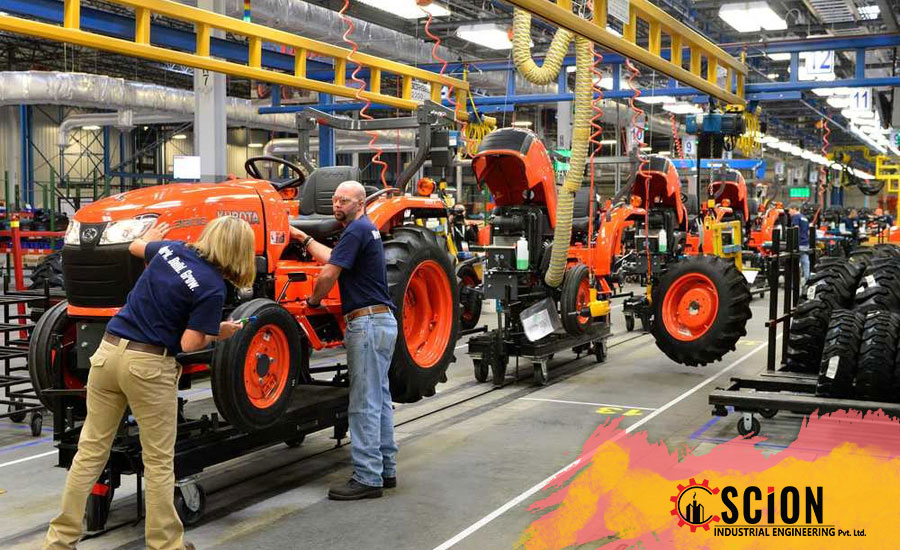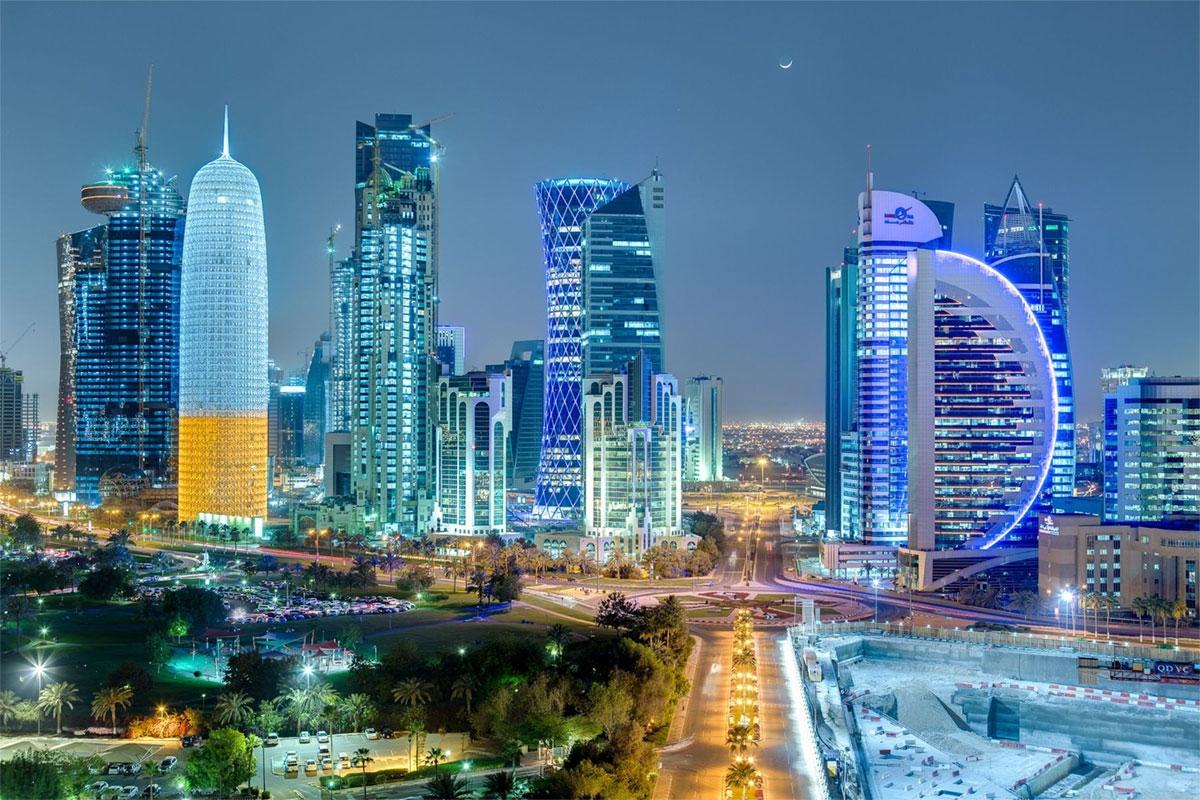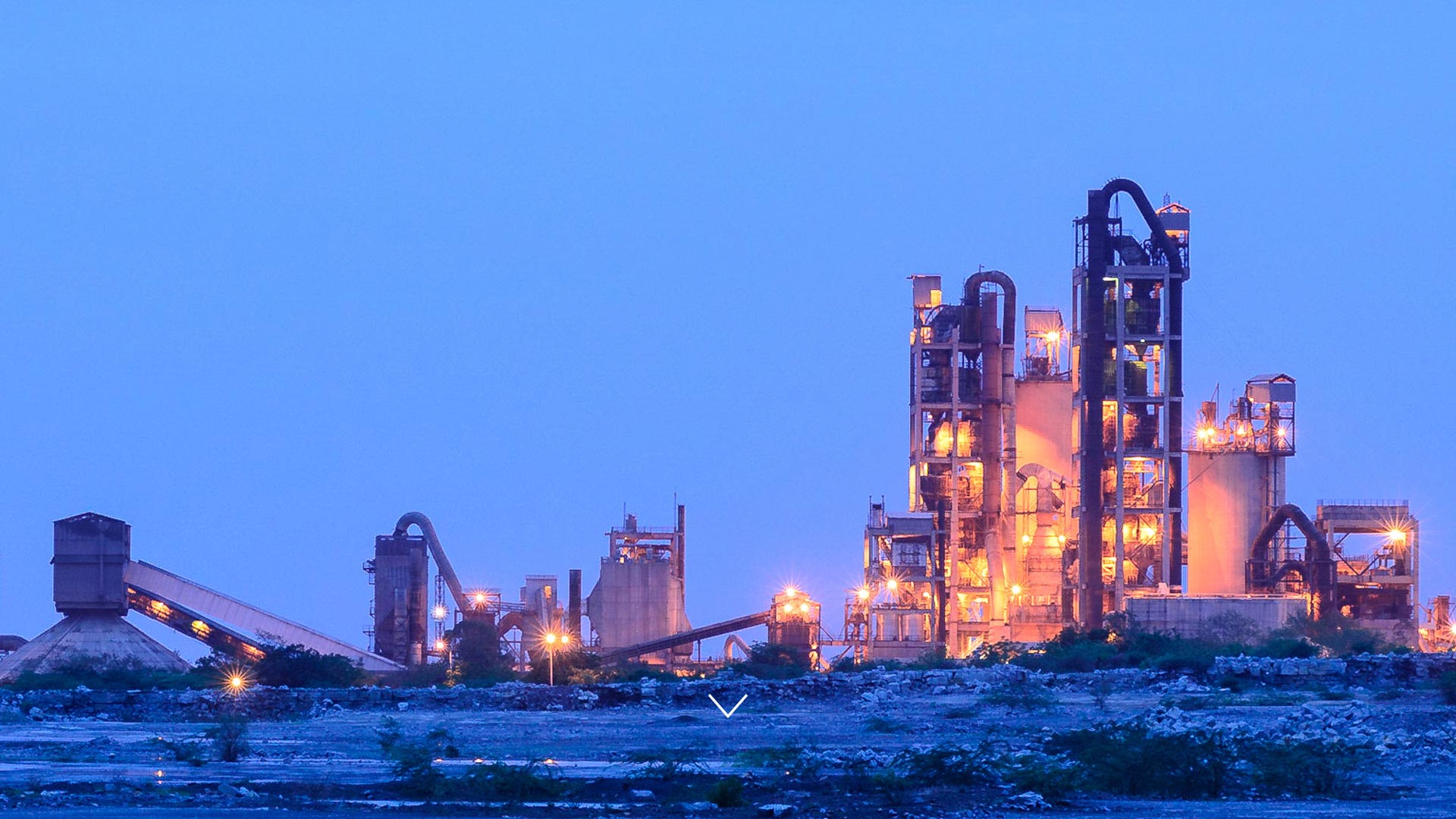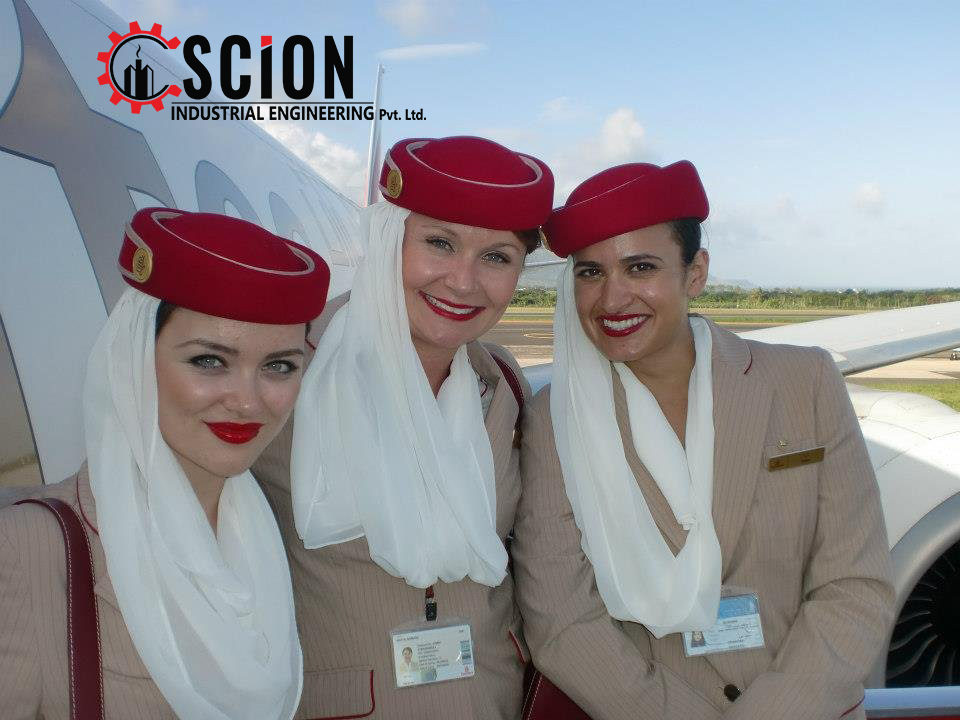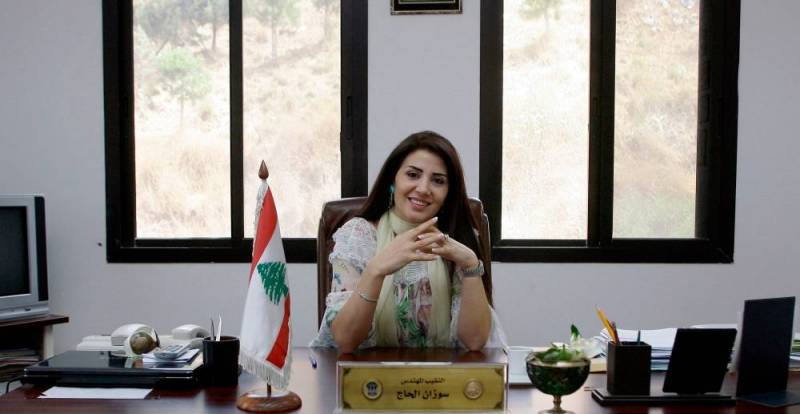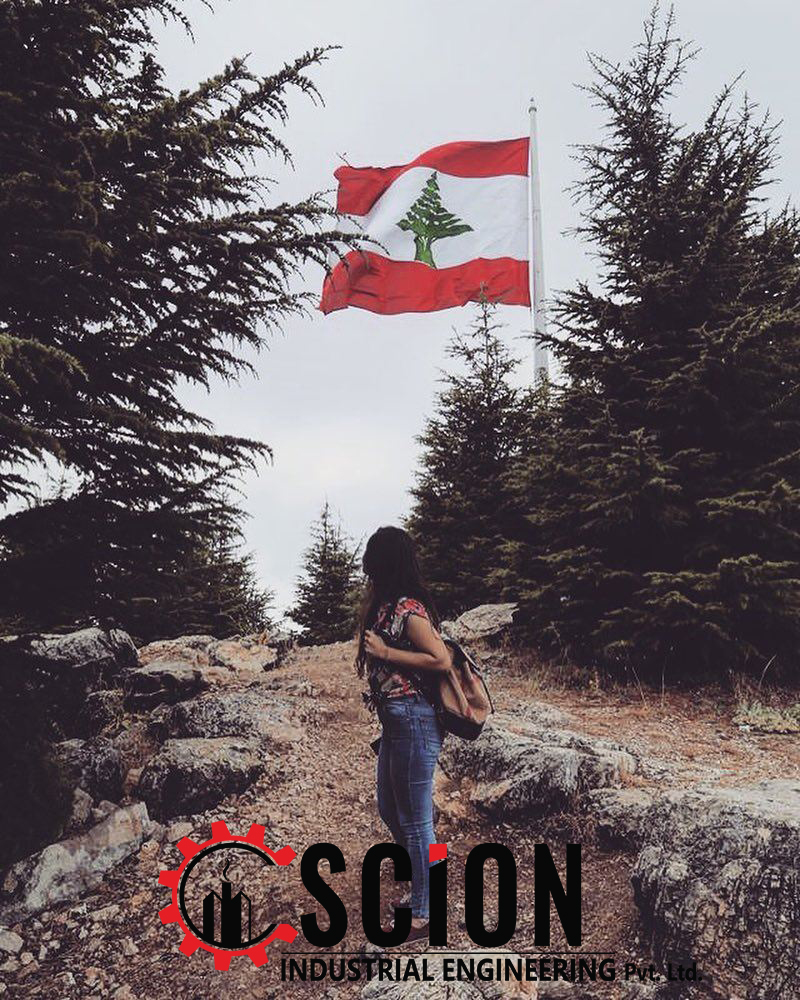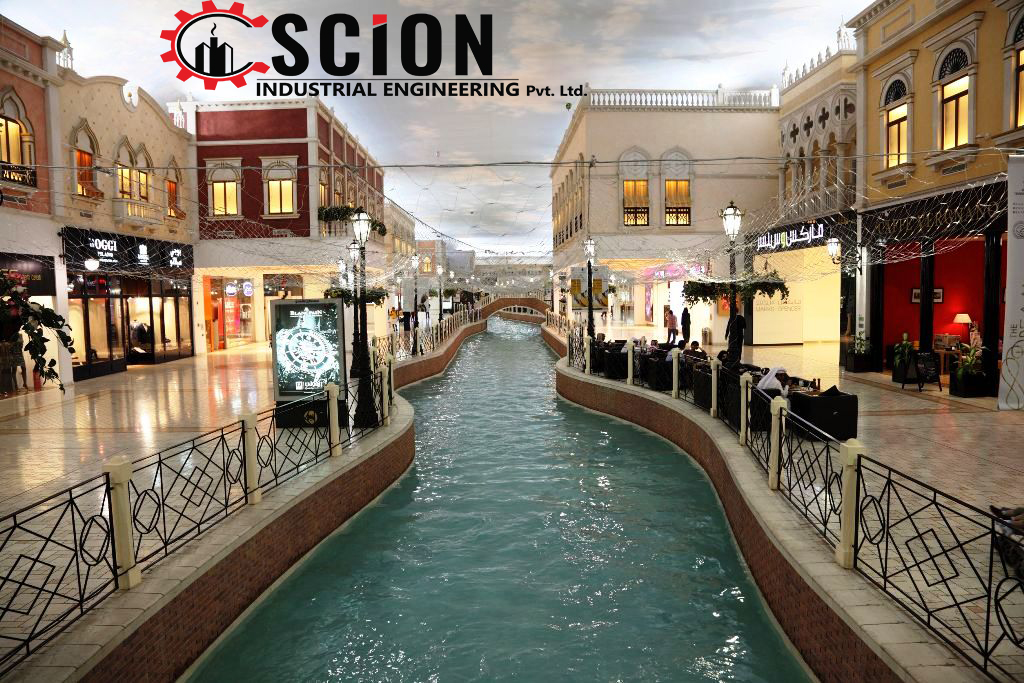While the Qatari economy displayed an exemplary resilience to the impact of the unjust siege imposed by the Saudi-led bloc, the country’s manufacturing sector led the way in 2017 by clocking exceptional growth and unprecedented expansion.
Thanks to the concerted efforts by all stakeholders, Qatar has been able to transform the challenges into opportunities in almost every sector of the economy. While ramping up production of its existing industrial units, the country began setting up new factories to quickly move towards self-sufficiency.
According to a statement by the Minister of Energy and Industry HE Mohammed bin Saleh al Sada, the number of factories entering the production stage in the first six months of the siege doubled compared to the same period a year ago.
The minister’s statement hinted at the futile attempt by the siege countries to jeopardize Qatar’s economy.
In fact, Qatar’s economy has only picked up momentum since the siege with new plants in manufacturing, food, cement, plastic and steel sectors developed at a fast pace. Qatar has managed to attract huge investments into its manufacturing sector. According to a statement issued by Ministry of Energy and Industry, Qatar has attracted investments of about QR260 billion in its manufacturing sector.
“A total of 730 industrial facilities have been registered with the ministry. Qatar is putting a lot of efforts to realise the directives of the wise leadership in achieving a balanced and sustainable industrial development,” Sada was quoted as saying by Qatar Tribune.
In a bid to encourage local industry and small and medium enterprises, Qatar has provided incentives for industries such as fee exemption on equipment, raw materials and machine parts.
The manufacturing sector has become one of the most attractive investment opportunities in Qatar following the new legislation which facilitates the process while providing investors with a slew of incentives.
The ‘Own Your Factory in 72 Hours’ initiative launched by the Ministry of Economy and Commerce (MEC), after the blockade, has been a major draw. Under the initiative, 63 investors were shortlisted for setting up factories in Qatar worth a total of QR2.5 billion. The ministry has already provided licences to the shortlisted firms and begun allotting land for setting up the factories in New Industrial Area.
Ahmad Zeidan, head consultant of ‘Own Your Factory in 72 Hours’ initiative, told Qatar Tribune that the shortlisted investors had already started work on their respective projects.”Within one year, all the factories will begin production,” Zeidan said.
Launched as part of the MEC’s ‘Single Window System’, the ‘Own Your Factory in 72 Hours’ initiative, has drawn a huge response from both local and global investors.
The ministry set up a committee comprising representatives from 10 different ministries and government bodies to evaluate the applicant-investors.
The committee received a total of 8,128 applications from investors in Qatar and more than 1,000 requests from 50 countries for winning the 250 investment opportunities covering eight major industrial sectors.
Out of the 9,128 applicants, the committee shortlisted around 900 investors for evaluation and meetings.
After holding more than 450 personal meetings with investors, the committee finalised the names of investors for 63 projects. More names will be announced at a later stage.
According to information provided by the ministry, out of the 63 investors, 22 will be setting up industries in the food sector.
While the overall manufacturing sector witnessed growth, there was more focus on food, medicine and other essential products with a view to tiding over the diplomatic crisis.
The Qatari government also partnered with the private sector to promote local products both in domestic and international markets.
The ‘Made in Qatar’ exhibition organised by Qatar Chamber in partnership with the Ministry of Energy and Industry and Qatar National Bank became a huge success.
The size of the area allocated for the exhibition increased from 15,000 square metres (sqm) last year to 30,000sqm this year. The number of exhibitors also doubled compared to the previous edition.
Qatar Chamber Chairman Sheikh Khalifa bin Jassim al Thani told Qatar Tribune that the siege has given birth to an”industrial renaissance” in the country.
Source:http://www.qatar-tribune.com/news-details/id/104216

